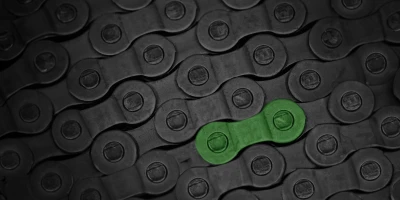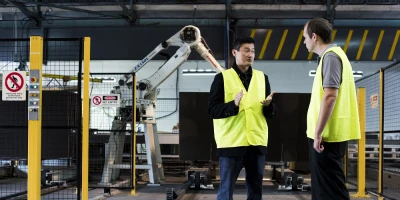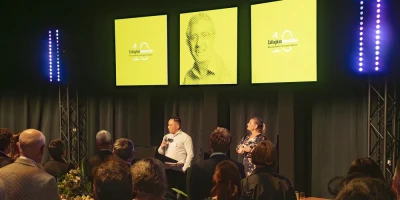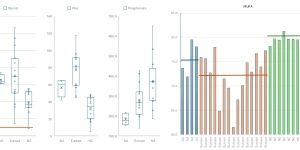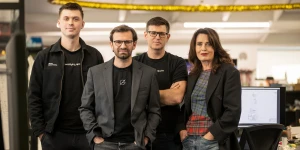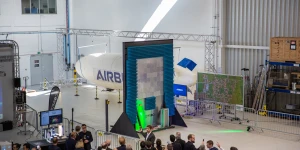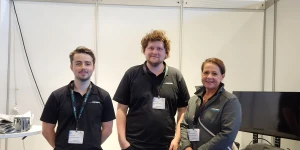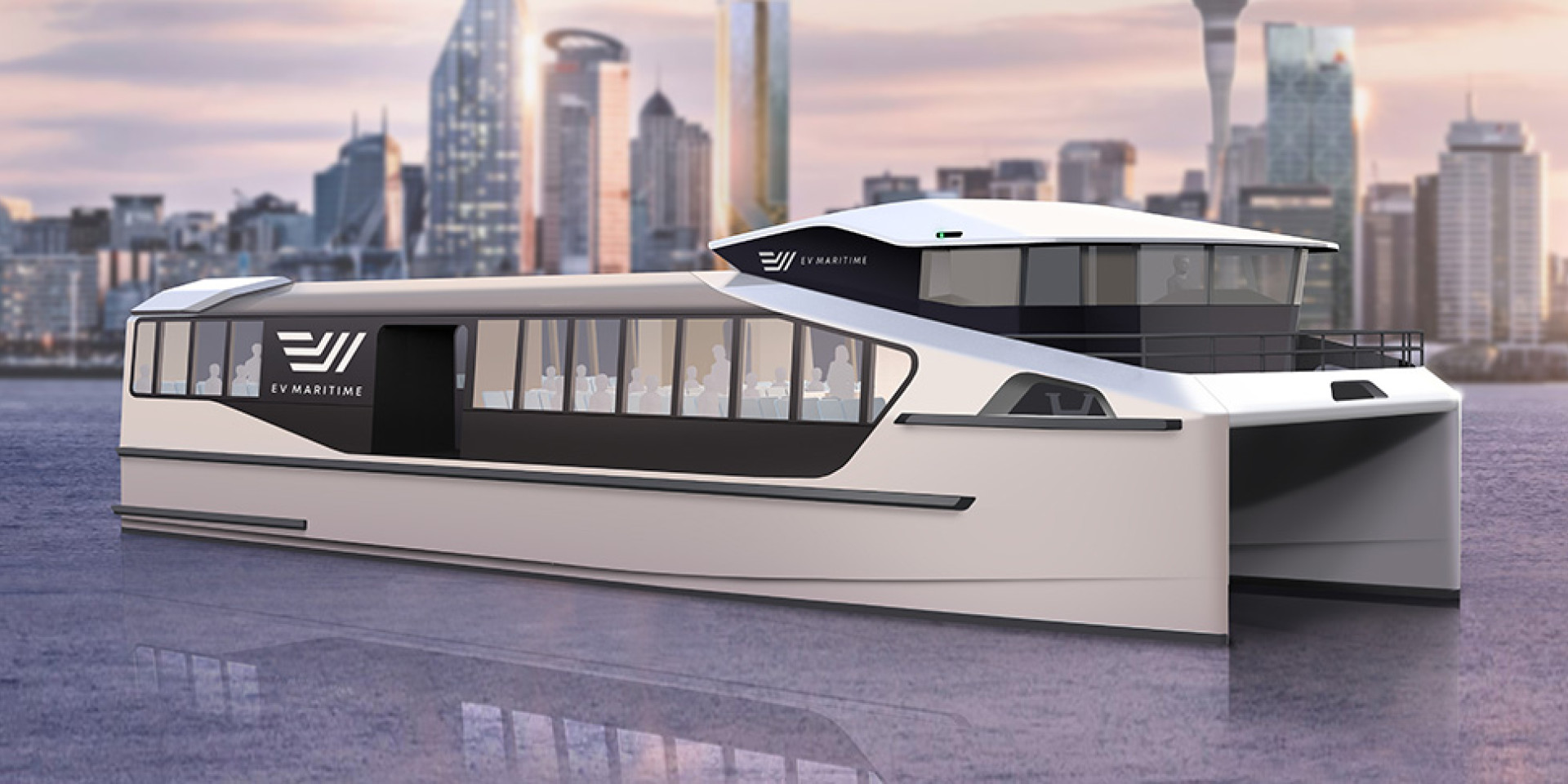Doing away with diesel, and wanting to power ferry services with electric boats, EV Maritime is developing a fast, electric commuter ferry. With Callaghan Innovation help, they're on their way a lot quicker.
At a glance
- Wanting a better way for the environment, and for ferry networks, EV Maritime looked to develop a fast, electric commuter ferry.
- An R&D project, supported by Callaghan Innovation, has resulted in the design of both a commuter version and a version ready for scenic trips.
- With a pilot programme to come in Auckland, if successful, the global export potential for EV Maritime and their new electric ferry would be significant.
We‘re a pre-revenue, R&D-focused startup. The financial assistance is huge, as are the great introductions to others in the industry that we’ve had through Callaghan Innovation.
- Michael Eaglen, Chief Executive and Co-Founder, EV Maritime
A ferry fit for the future
Providing over 6 million passenger journeys every year, Auckland is a small city packing a big punch when it comes to its ferry network.
But we’ve barely scratched the surface of what ferries could offer according to Michael Eaglen, Chief Executive and Co-Founder of Auckland-based EV Maritime.
“If we can make ferries more reliable, more frequent and better integrated with other transport modes like cycling, then I believe we’ll see huge growth in ferry uptake,” he says. “But we can’t keep doing that with diesel boats. Diesel is driving climate change, it’s dirty, smelly and actually very expensive to run over the lifetime of a ferry. There is a better way”.
That better way is electric boats. That’s why Eaglen has been focused on developing electric boats with all the capability needed for a serious urban rapid transit network. And that’s why an intensive R&D project was put in place at EV Maritime, coming up with the designs and technology for the EVM200, a 24-metre fast ferry that can carry up to 200 passengers and is fully powered by electric batteries.
A smoother sailing thanks to Callaghan Innovation
To help kick start the R&D needed to develop a ferry fit to take the city into the future, EV Maritime turned to Callaghan Innovation. This involved a number of grants which helped fund the work, but also an R&D Experience Grant, which enabled EV Maritime to take on an engineering student over a summer.
“I can’t overstate the value of Callaghan Innovation’s support to a small business like ours,” says Eaglen.
“We‘re a pre-revenue, R&D-focused startup. The financial assistance is huge, as are the great introductions to others in the industry that we’ve had through Callaghan Innovation.”
“Because of its unique role in the innovation ecosystem in New Zealand, Callaghan Innovation has its finger on the pulse of new technology. It’s been able to make introductions for potential collaborations which we might never have even thought of.”
Such collaborations include Christchurch-based research-led business, HamiltonJet. Its support enabled EV Maritime to offer a vessel with levels of efficiency, control and manoeuvrability most ferry captains dare not even dream of.
On the way to a fast, electric commuter ferry
With no one yet to master fast, electric ferries for commuting, the global export potential is huge.
EV Maritime already has two versions of the EVM200 designed, one for commuting, the other for scenic trips. Both have a top speed of 25 knots, making them as fast as the diesel ferries currently in use, and benefit from quiet electric operation and a highly-optimised low wash, low drag hull design.
The next step is getting a pilot project underway in Auckland to demonstrate the vessels and systems the business has developed, and validate the boats’ operational and financial performance.
“We think these boats have the potential to bring major benefits to reduce the cost of public ferry services. That would enable cheaper fares, more services and better convenience, which in turn will help us with the real challenge of getting us to leave our cars at home,” says Eglan.



